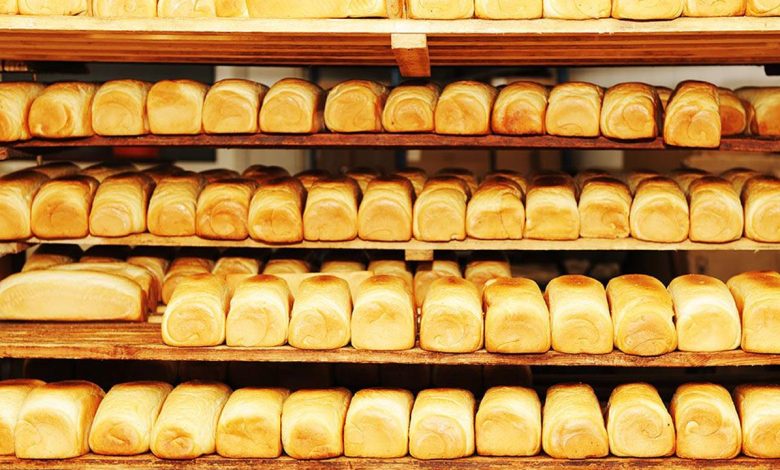
The staple and beloved item in many Nigerian households, bread, is becoming a luxury as rising costs of ingredients force bakery owners to increase prices or shut down their businesses.
The surge in the prices of flour and other essential baking ingredients is attributed to global factors, particularly the impact of the Russian-Ukraine war, leading to a shortage of flour worldwide.
Vanguard reports that this scarcity has significantly affected bakeries, making it difficult to maintain reasonable prices.
Many bakery owners are caught in a challenging dilemma, torn between increasing costs and needing to stay in business to serve their customers. Unfortunately, some have already opted to shut down due to the financial strain.
In response to the crisis, some bakery owners have resorted to reducing the sizes of their bread while increasing prices, a strategy aimed at balancing the equation but one that leaves consumers with smaller portions at higher costs.
One baker, Mr. Abayomi Olorunfemi, expressed his frustration, stating, “This country’s economy is really dealing with businesses. It has turned smart businessmen into people who aren’t smart anymore.”
He added that many of his colleagues in the business are shutting down or reducing their operations.
Mrs Are Toluwalase, a businesswoman, shared her experience, noting that she had to stop buying bread when the price of a family-size loaf increased.
She added, “The quantity is nothing to write home about.”
Bakery owners like Mr Aderotimi Samuel have had to make tough decisions, including laying off staff and shutting down one of their bakeries to cope with the escalating costs of maintenance and ingredients.
The impact is not limited to bakery owners; those selling flour and baking ingredients are also affected. Mrs Janet Omoh, a seller of flour and baking ingredients, highlighted the daily increase in the cost of flour and other essential items, making it challenging for businesses to sustain themselves.
